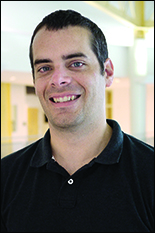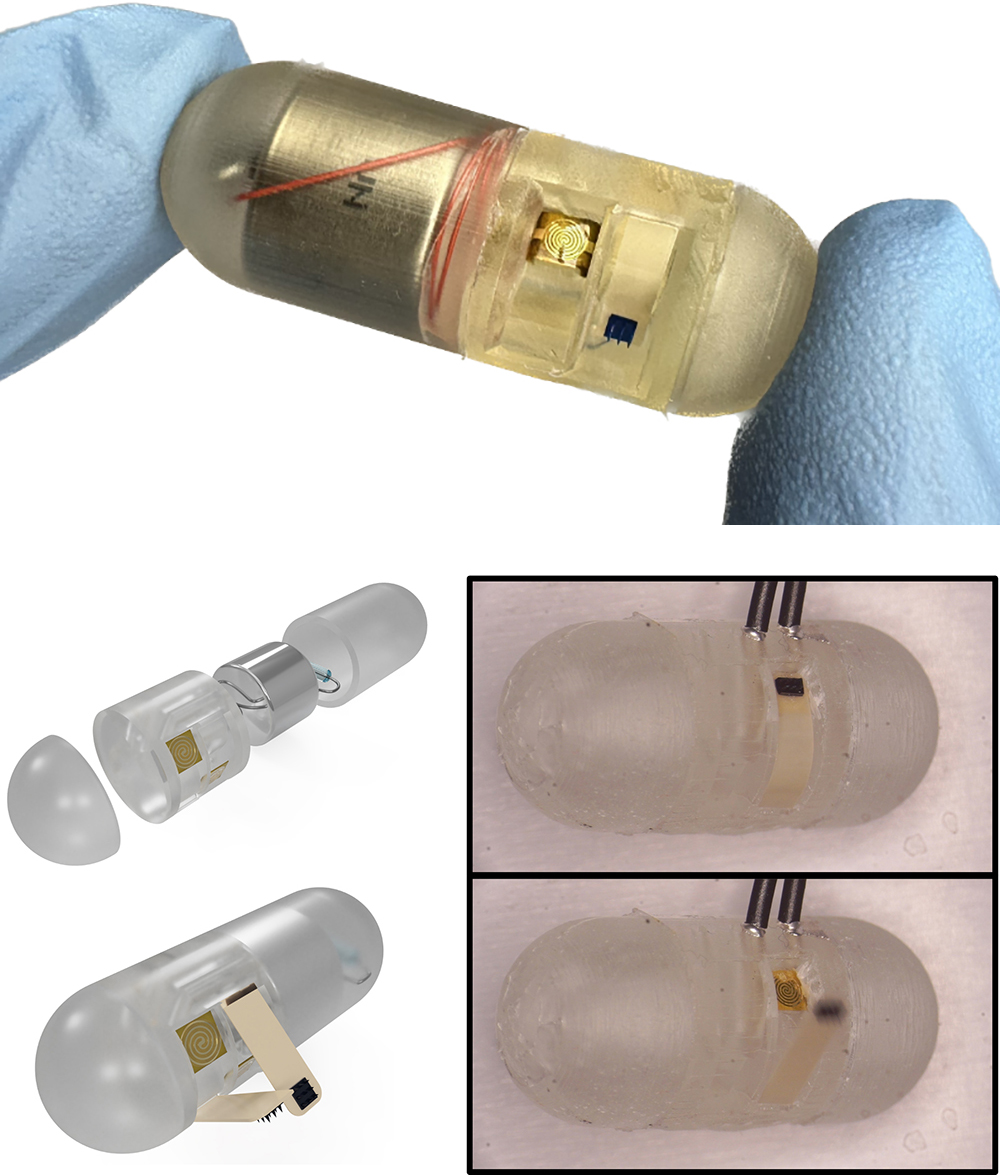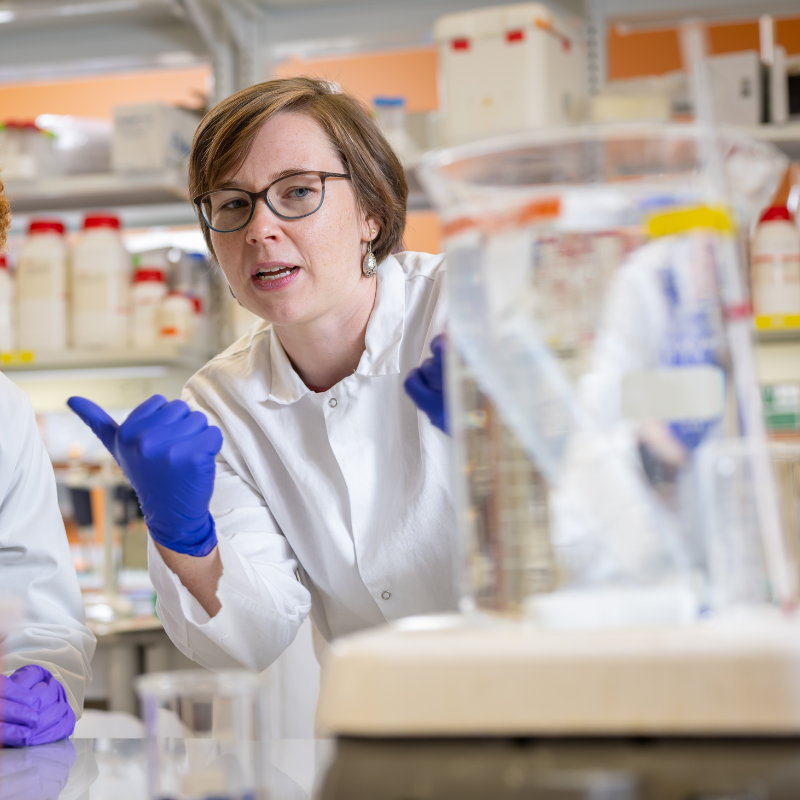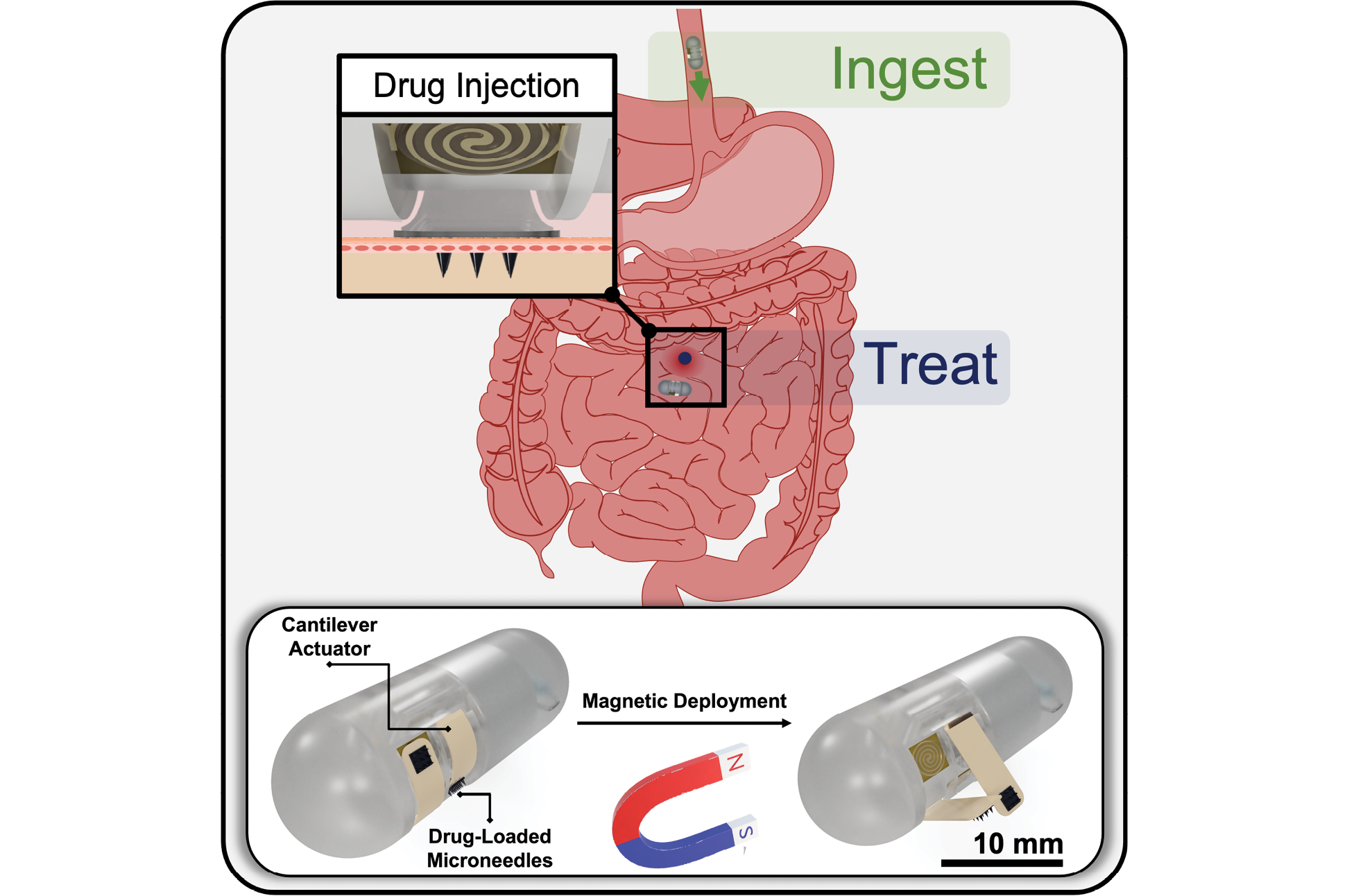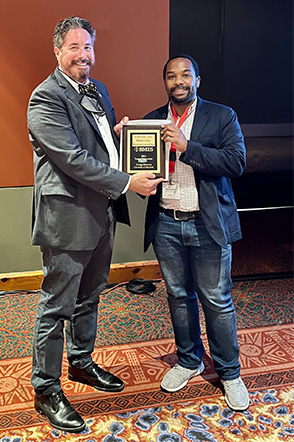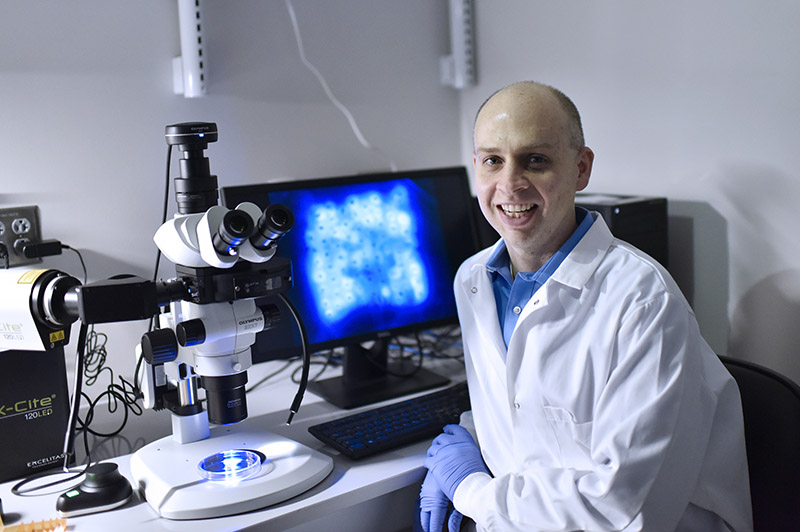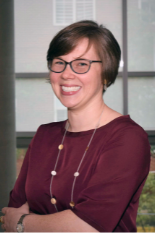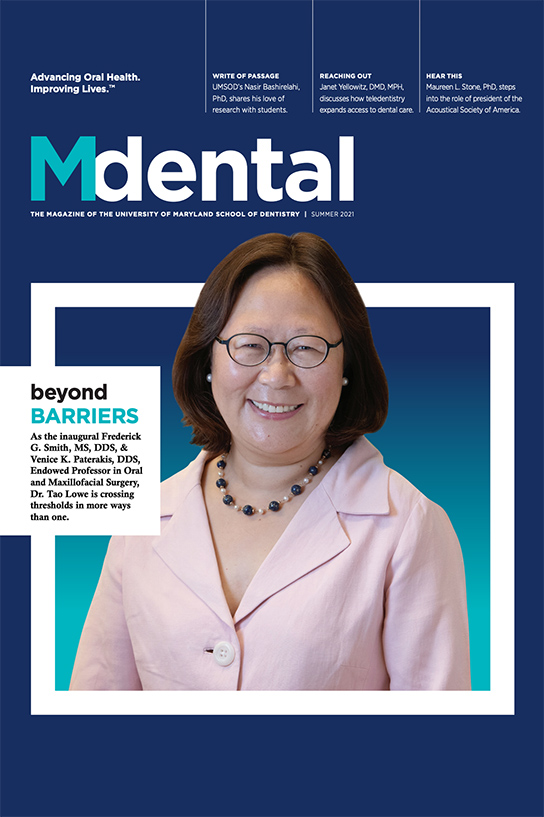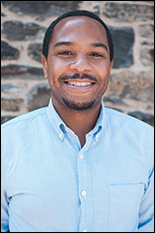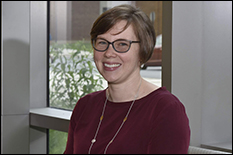News Story
Jay Promoted to Associate Professor
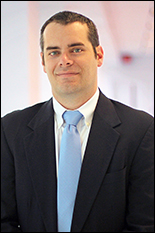
Steven Jay
The Fischell Department of Bioengineering (BIOE) and the A. James Clark School of Engineering extend their congratulations to Steven Jay, who was promoted to the rank of associate professor, effective August 23, 2019.
Jay, who specializes in vascular biology and bioengineering, tissue and protein engineering, and therapeutic vascularization, first joined BIOE in 2013. He leads the Biotherapeutic Development and Delivery Laboratory, which works to uncover new biological insights toward the design and development of novel biotherapeutics.
“It has been a great pleasure working with so many talented colleagues and students at the University of Maryland, and I am grateful to family and friends for their support during the beginning of my career,” Jay said. “I am especially grateful to my wife, Jen, and son, Lucas, who give me a lot to smile and laugh about every day, and to all the undergraduates, graduate students, and postdoctoral fellows that have conducted outstanding research in the lab over the past several years to make this possible. I look forward to continuing to develop as a researcher and educator in the years ahead.”
Prior to his BIOE appointment, Jay was a postdoctoral fellow in the Department of Cardiovascular Medicine at Brigham and Women’s Hospital and the Harvard Medical School in Cambridge, Mass., where he designed new proteins to promote diabetic wound healing. He graduated with a Bachelor’s of Science in Biological Engineering from the University of Georgia in 2004, and earned his Ph.D. in Biomedical Engineering from Yale University in 2009.
During his first few years as a BIOE faculty member, Jay received numerous accolades, including the Oak Ridge Associated Universities Ralph E. Powe Junior Faculty award, the National Institutes of Health K99/R00 Pathway to Independence award, and the Biomedical Engineering Society’s Young Innovator in Cellular and Molecular Biology award.
Last year, Jay was awarded a five-year National Science Foundation (NSF) CAREER award to support his lab’s efforts to develop a new class of biotherapeutics using cell-derived structures known as exosomes. In the same year, Jay also received a five-year $1.9 million grant from the National Institutes of Health to further his work with using exosomes to treat non-healing wounds.
“Dr. Jay has long demonstrated what it means to be an exemplary scholar, mentor, and teacher,” said John Fisher, Fischell Family Distinguished Professor and BIOE chair. “In addition to his leadership in the classroom, Jay and his lab group are developing approaches to biopharmaceuticals, biomanufacturing, and drug delivery that are truly cutting-edge.”
Published May 23, 2019
